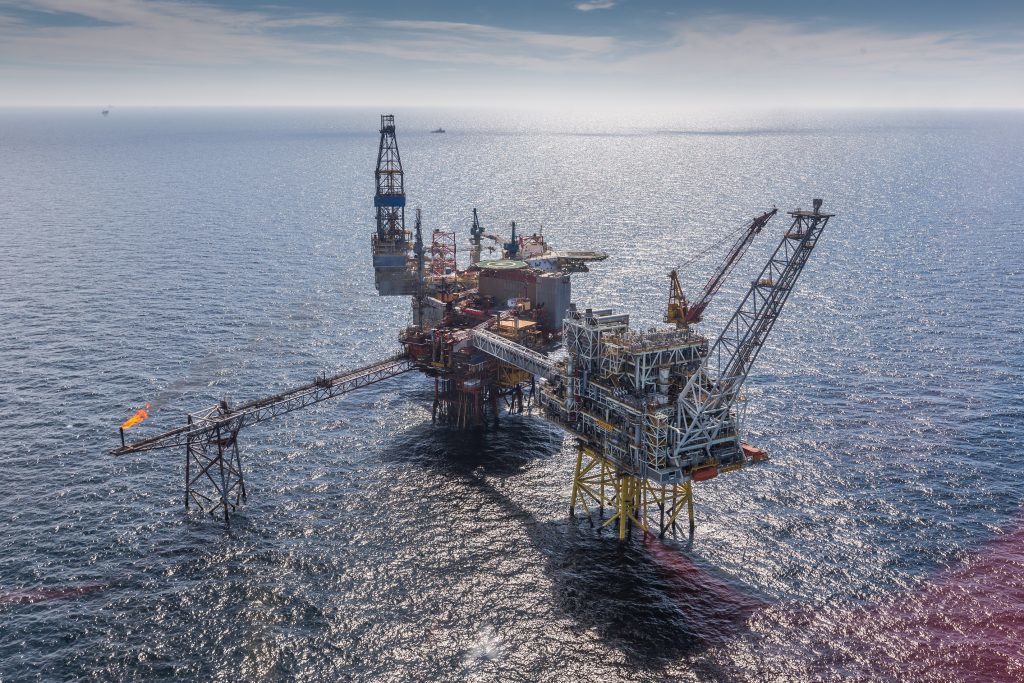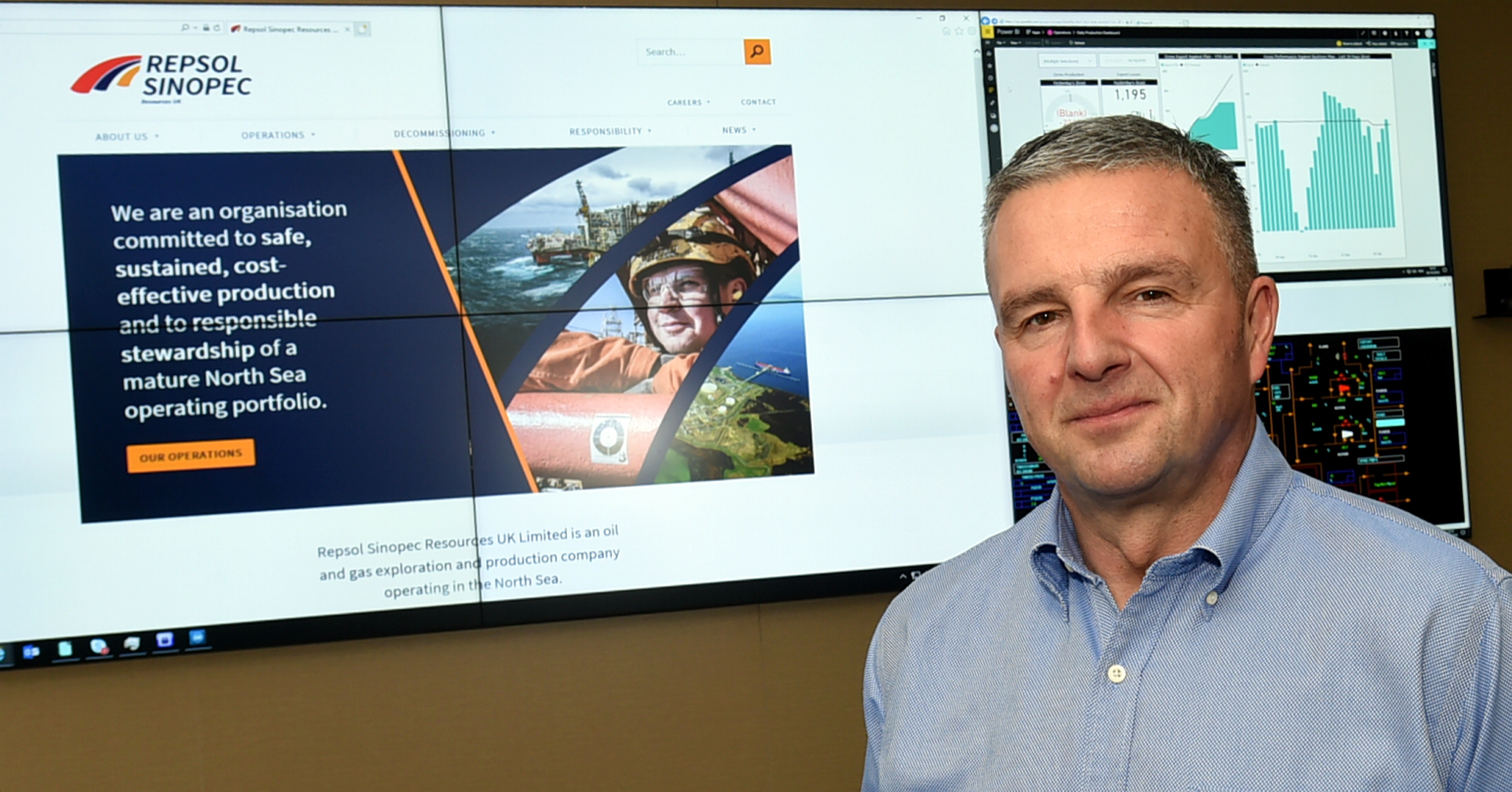
Repsol Sinopec Resources UK (RSRUK) has hailed an “outstanding” 2018 after tripling pre-tax profits to more than £1.3billion.
The North Sea operator’s full-year results have mainly been driven by reversing a £1.2bn impairment charge taken previously on production assets including its Claymore, Montrose and Arbroath fields.
Pre-tax profits surged from £386.7million in 2017 to £1.3bn the following year, while revenues were £1.2bn, up from £819.6million the year before.
The profits are mainly the result of impairment reversals, which relate to improved performance and cost profiles for its assets, as well as the higher price of oil and commercial reserves.
Based in Aberdeen, RSRUK has interests in 51 North Sea fields, with 11 offshore installations and two onshore terminals.
In recent years the firm has made significant investments, including nearly £2bn on redeveloping the Montrose area, as well as building a full-time drilling rig at Claymore.
RSRUK also saw its first full year of production from the Flyndre, Cayley and Shaw fields which came online in 2017.
Daily production increased by more than 6,000 barrels to 58,469 barrels of oil equivalent per day, as efficiency across the portfolio reached 78%.
Chief executive Bill Dunnett said: “We delivered outstanding operational results in 2018. Most importantly, we achieved this with our best ever HSE performance.
“Our shareholders have made long-term strategic investment commitments, worth in the region of $4bn, to transform this business. These results reflect the significant potential value that still exists in our portfolio and across the broader North Sea.”
The firm, a joint venture between Spain’s Repsol and Chinese firm Sinopec Group, also highlighted its focus on the Oil and Gas Authority’s (OGA) Maximising Economic Recovery (MER) strategy.
Earlier this year RSUK announced plans to recover an additional 10million barrels of oil equivalent from its Tartan, Claymore and Piper Bravo platforms.
The firm also recently said it would shut down its Fulmar platform but instead of decommissioning the asset, it will be used as a dedicated oil export station for other fields in the Greater Fulmar Area.
Mr Dunnett added: “We are focused on sustained value creation to secure employment beyond 2030 for our staff, contractors and supply chain.
“We have been utilising new technologies and aligning fully with the OGA’s MER strategies.”
Recommended for you


